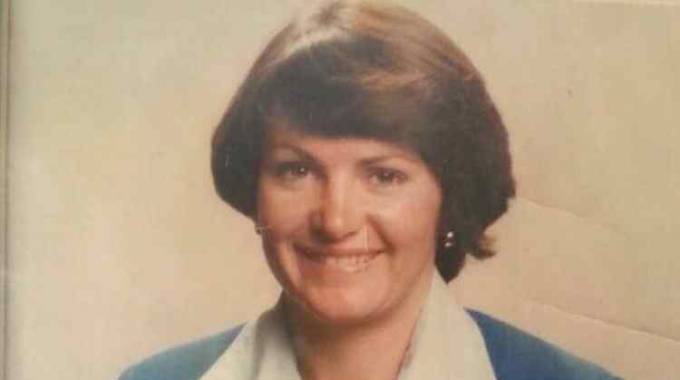
The Sunday Mail

Tinashe Kusema
Deputy Sports Editor
HISTORY is likely to remember the year 1980 for a number of things, chief among them, being Zimbabwe’s independence.
The Cable News Network (CNN) and the Rubik’s cube both made their débuts onto the world stage in the same year.
It was also the year that former Beatles frontman John Lennon was shot and killed by a crazed fan outside of his Manhattan (United States) apartment.
But in the world of sport, the year marked a significant milestone for hockey, with Zimbabwe and the United States of America writing arguably two of the greatest underdog stories known to man.
In February 1980, an unfancied team of American college players beat the Soviet Union (4-3) en-route to ice hockey gold at the Winter Games at Lake Placid, New York.
The game is now famously referred to as “the miracle on ice”.
A couple of months later, as field hockey made its debut on the Olympic scene, the Zimbabwe women’s team defied the odds and won a gold medal at the Moscow Games to earn the moniker “the Golden Girls”.
Sadly, the two stories of perseverance over adversity have faced contrasting fortunes over the last 40 years.
While the US team has earned Hall of Fame inductions and spurned a movie, the Zimbabwe story is fast becoming a distant memory as all those involved are well over their middle age now.
For some, the exploits in Russia brought no significant change to their lifestyles aside from the hero’s welcome and the occasional mention every four years during the Olympic season.
“Winning the gold medal and taking part in the Olympics remains a dream come true for all of us, but it was also a lot of hard work and aching bodies from all the training,” said Patricia Jean Buckle, who was part of the team.
“Our lives, or at the very least mine, did not change much afterwards as we came back and went straight back into our normal lives,” she said.
To say that Buckle — who went by the name Frasier at the time — has lived a “normal” life would be an exaggeration.
Now 64 years old, Buckle is the nucleus of a sporting family, with all her three sons building successful sporting careers for themselves.
“Coaching and watching my kids become a success over the years has been my greatest achievement,” she said.
“Now I just enjoy time my grandchildren and hope they can follow in our footsteps.
“I have three sons, with my eldest, Michael, a former Zimbabwe hockey captain and provincial cricketer.
“Sean (Williams) is the Test captain for the Zimbabwe cricket team and a former Zimbabwe hockey player too, while the same goes for the youngest, Matthew, who also played hockey for Zimbabwe and cricket for Matabeleland,” she said.
Hockey is not the only sport that binds this family together, as all of Buckle’s offspring are single-figure handicap golfers.
The Moscow Games also gave her an extended family, as she is still in touch with her Olympic teammates, who she chats with on social media to share old war stories, and regularly meets for reunions.
“We have a WhatsApp group and stay in touch on a regular basis.
“Sadly, we lost one of our former teammates, Liz Chase, to cancer last year, but we try to meet as often as possible. We had a reunion with all the girls, apart from two who are overseas, in 2018 and are in the process of organising another one soon,” she said.
Of the memories Buckle has from the Moscow Games, three mainly come to mind.
“I remember it was a round-robin format, and so there was no final, but Russia was the toughest team.
“In hindsight, it was always a nice feeling to be remembered for your achievements, and I think the fact that we had played together for a couple of years helped us do well.
“We had a lot going against us.
“We were given about three weeks to prepare for the Olympics and remember that I trained alone, in Bulawayo, and mostly played against men’s teams to improve my skills and fitness.
“I regret that we were not given enough time to train together as a unit, and then on arrival had to adjust to playing on an astro-turf, which we had never done before.
“We did manage to get some help from the Spanish men’s coach, who showed us how to train properly,” she said.
Sadly, there wasn’t much off-field experience for Buckle and the team, and that was because of the Olympic boycott that almost tainted the games.
Among her most cherished memories are “being the first goalscorer at the games and the dinner for all medallists at the Kremlin’’.



